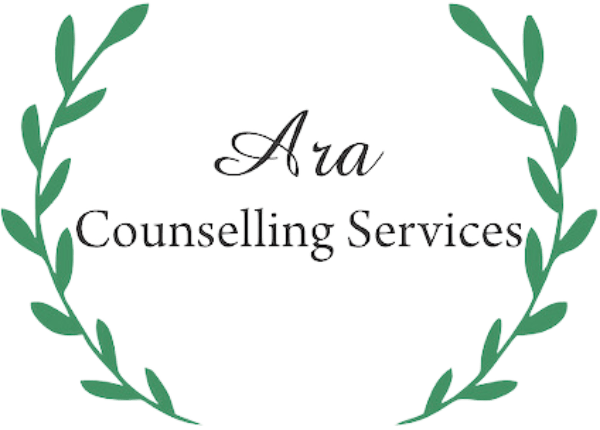Addiction is a formidable adversary, one that casts a long shadow over the lives of those trapped by its grip, overcoming addiction could be a daunting challenge, a path marked by pain and struggle but the final triumph is the reward.
The descent into addiction could be gradual, insidious and driven by a complex interplay of personal and environmental factors. At first just a temporary escape from life’s challenges and a means to numb the pain, a false refuge promising solace while gradually ensnaring you in its chains. As addiction deepens the abyss of dependency becomes apparent, it strains relationships compromises physical and mental health and drains finances — the very substances that once seemed to ease the pain become the source of the agony. Addiction is characterized by a relentless cycle of high and low, the initial euphoria soon replaces by crippling withdrawal, locking a vicious and painful cycle of craving and desperation that seems impossible to break. Rock bottom is a place of despair but can also serve as a moment of self-awareness and a catalyst for change – – the choice to continue down the dark path of addiction or summon the strength to break free.
Relapse can happen to anyone in recovery and it does not mean failure, it can offer valuable insights that help individuals strengthen their recovery. Navigating through relapse experience is not a simple matter, although relapse experiences could be disheartening setbacks they should be viewed as opportunities for growth and reminders of your resiliency. Healing and recovery is a process and it’s completely normal to have ups and downs along the way. Every person’s journey is unique and filled with both victories and challenges, it requires self-compassion and patience.
Recovery is not a linear path but a series of steps and missteps, starting with physical and psychological withdrawal to regain control of your life. Seeking professional support to uncover and confront the underlying issues driving you to addiction and understanding the root causes is an essential part of the healing process. For example, the link between challenging upbringings and traumatic experiences in childhood and addictive behaviour in adulthood is well-established by numerous research studies.
Addiction is a relentless adversary but it can be overcome, while the shadows of addiction may never fully dissipate you can stop it from dominating your life. Recovery is a reminder of the battles won and it is worth every effort to rediscover life’s beauty.
Addicted Brain
Our brains are wired to experience pleasure from various enjoyable activities such as eating, engaging in sexual activity sex, practicing physical exercise, or playing video games, the pleasure is orchestrated through the release of dopamine, a neurotransmitter that stimulates the brain’s pleasure centre. Addiction exerts a transformative influence on the brain disrupting its normal functions, addictive substances like alcohol and heroin induce profound feelings of euphoria and can hijack this natural system by inducing excessive dopamine release and creating a shortcut to the brain’s reward system. These substantial dopamine surges instruct the brain to prioritize seeking drugs over other pursuits, as time progresses, the allure of drugs diminishes, giving way to overpowering cravings. The brain adapts to the drug’s presence resulting in reduced dopamine effectiveness and developing tolerance which requires the escalation of drug use to attain the desired high.
